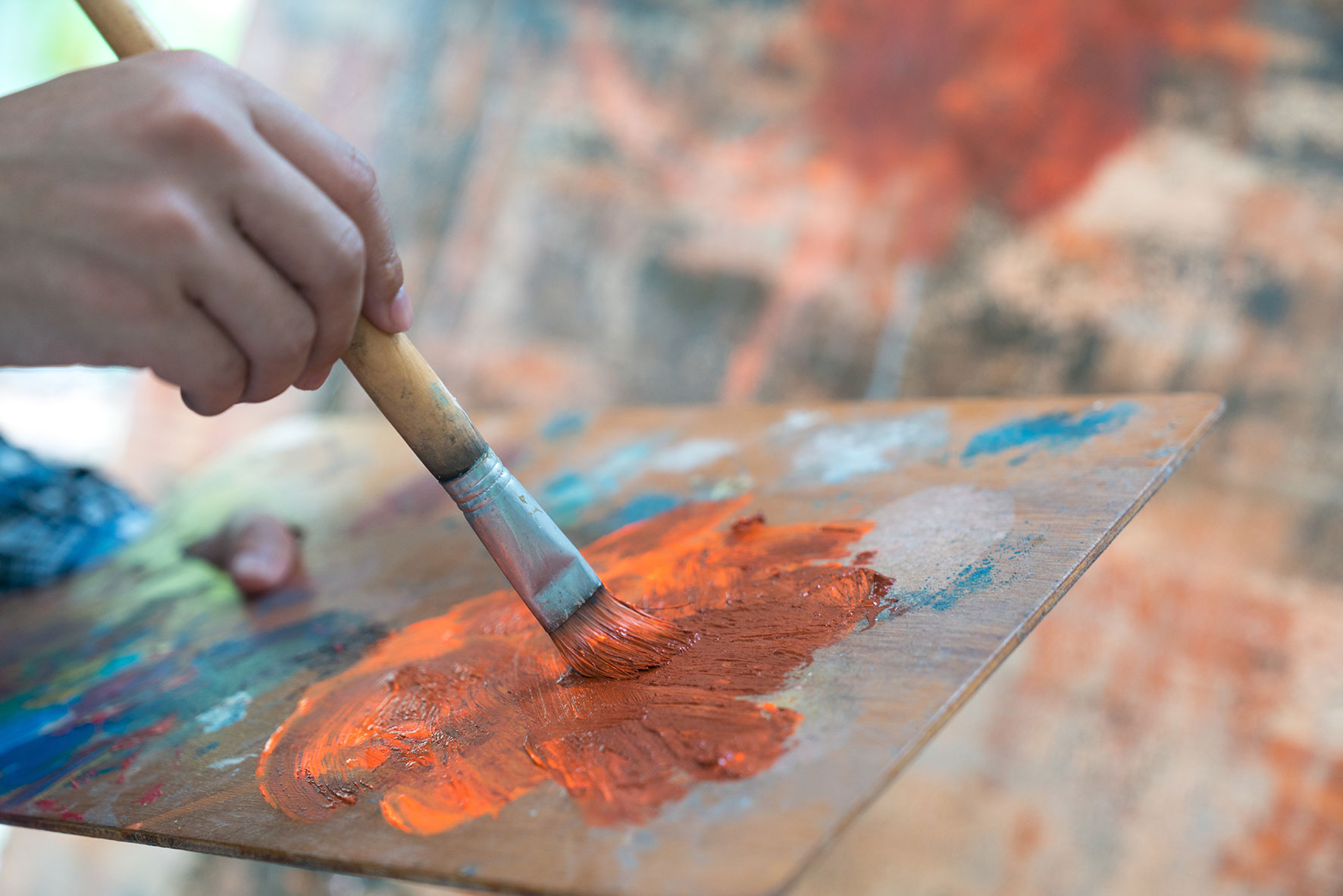Art therapy occurs in numerous forms and provides therapeutic advantages in self-expression, acquiring new skills, and enjoyment in a group activity. It has many applications, ranging from sculpting and painting to ceramics and writing poetry. Creativity can evoke honesty and introspection in a way that could be life-changing during rehabilitation.
Wish Recovery provides an environment free from judgment or intimidation so patients can openly express themselves, their emotions, and their thoughts. In addition to rehab, medical and other clinical settings use art therapy to heal and improve mental health, reduce stress, and increase self-esteem.
Understanding Art Therapy
The 1940s saw the advent of Adrian Hill's art therapy, often known as art psychotherapy. Individuals recovering from addiction who have been affected by trauma, illness, or other life challenges benefit enormously from the practice. It's a safe place for people to learn to cope and heal when using art materials in the creative process.
Art therapists use psychotherapy approaches to assist their patients in gaining a more profound knowledge of themselves. Participants may express and explore their emotions using several techniques, including drawing, painting, doodling, sculpting, sketching, and photography. Art therapy may assist you in expressing your feelings and provide you with something tangible to discuss with your therapist.
According to the American Art Therapy Association (AATA), art therapy may significantly impact substance abuse treatment. By engaging in nonverbal, imaginative, and creative activities, patients can express themselves following the art therapy principles. Event drawings (drawings that portray an event that occurred while taking drugs), illustrating emotions, stress painting (painting during stressful times to alleviate the associated feelings), maintaining an art journal, and building sculptures are some examples of art therapy techniques.
Treatment for patients with alcohol or substance use disorder mainly involves the patient creating art. However, some applications of art include the patient's understanding and appreciation of existing works of art. Art therapy benefits people's addiction or dual diagnosis by reducing denial and animosity toward treatment, opening a line of communication, and alleviating feelings of shame. Viewing and discussing existing art might help shift group discussions from reflection to action.
Want to know more about art therapy and creative recovery approaches? Call us now!
Why Art Therapy Is Beneficial to Recovery
Because it works on so many levels, art therapy provides a safe space for people to focus on their recovery while also providing an outlet for their suppressed and unacknowledged sentiments. Addiction treatment brings up a wide range of complex feelings for many individuals. Because of drug misuse, you may not be able to experience your emotions fully.
Many individuals in recovery cannot express their guilt, shame, pain, anger, and other challenging emotions. Avoiding disputes and hurt feelings with loved ones may be easier if you use art to express your frustration and anger. Through creative expression, art therapists aid clients in uncovering and processing their underlying emotions.
Contact us today to learn more about art therapy and other supplemental treatments!
Defending addictions and related behaviors is a common defense tactic used to protect one's inner suffering and self-esteem while entering addiction treatment. During art therapy sessions, your art therapist will give you enough time to express yourself creatively so that your work may speak for itself. When art is used to process a person's defenses, it may be considered protection for those defenses.
Art therapy may be a valuable tool in your recovery if you're having trouble verbally communicating your thoughts and feelings. Your art therapist will aid you in expressing previously suppressed emotions by using creative materials and your artistic expression.
Heal Your Soul in Vivid Colors
Art therapy takes many forms as people seek new ways of self-expression, new skills, and collaborating with others in relatively creative activities. Because of art's therapeutic presence, creativity can help patients be more honest and self-reflective. Your addiction may have harmed you physically, mentally, emotionally, and spiritually. That’s why your multidisciplinary team at Wish Recovery will discuss how art therapy can be integrated into your treatment program while you are in our luxury rehab.


